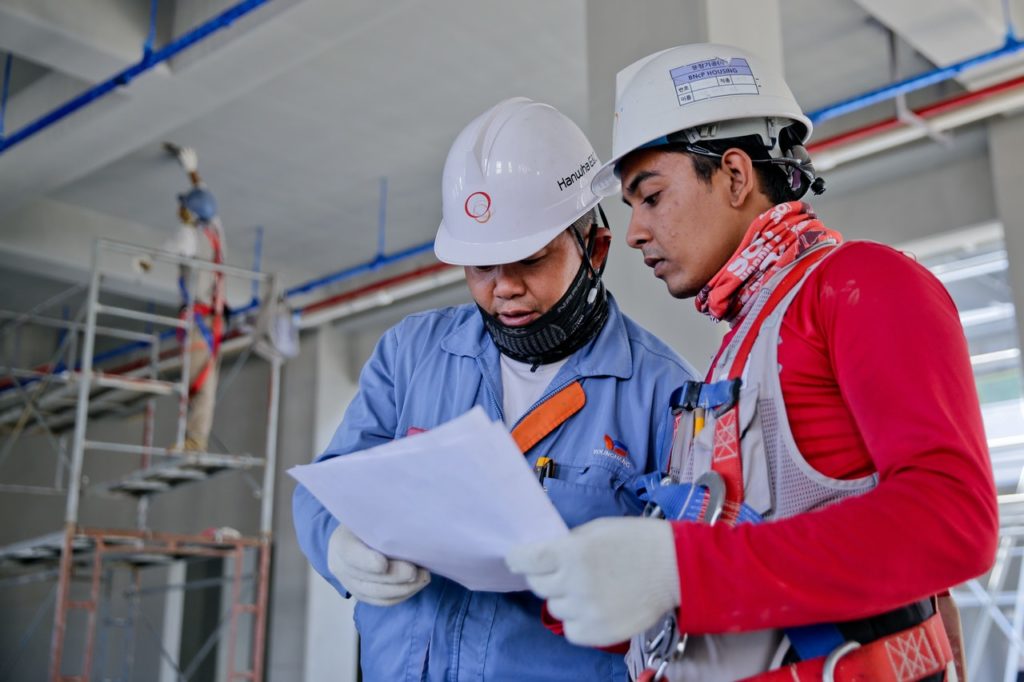The new changes will be the first of their kind in Canada, if the legislation is passed.
Source: CIC News
Ontario is proposing legislation that would help internationally-trained immigrants get work in their field of expertise.
If passed, the new legislation would remove the number one barrier Canadian immigrants face in getting a job that matches their qualification. That is, the need for Canadian work experience to get professional registration and licensing. The change applies to certain non-health regulated professions such as engineers, architects, plumbers, electricians, accountants, hairstylists, teachers and early childhood educators.
In a media release, the ministry of labour says it will work with the provincial health ministry to see if they can apply these changes to health professions in the future.
New immigrants would also not have to complete another language test for the purposes of professional licensing, after already submitting one for the purposes of immigration.
n addition, the province would allow applicants to register faster in their professions when there are emergencies that create an urgent need for certain workers, as we saw during the pandemic. The changes would also ensure that the licensing process is done in a timely manner. Currently, licensing times in some professions can take up to 18 months or more, meaning these workers cannot take up employment during that time.
“Ontario is facing a generational labour shortage with hundreds of thousands of jobs going unfilled. However, all too often, newcomers in this province struggle to find jobs in their regulated profession for no other reason than bureaucracy and red tape,” said Monte McNaughton, Minister of Labour, Training and Skills Development.
“These are folks who often have the training, experience, and qualifications to work in booming industries where Ontario desperately needs help but are being denied a chance to contribute. If these proposed changes are passed, Ontario would become the first province in Canada to help level the playing field in certain regulated professions so that workers coming here have the opportunity to build a better life for themselves and their loved ones, and build stronger communities for us all.”
McNaughton said only 25 per cent of all immigrants in Ontario are actually employed in their field of study, while 293,000 jobs are waiting to be filled in the province, according to the Toronto Star. If this skills gap is addressed, Ontario could see its GDP increase by an estimated $20 billion.


 info@clickimmigration.com
info@clickimmigration.com